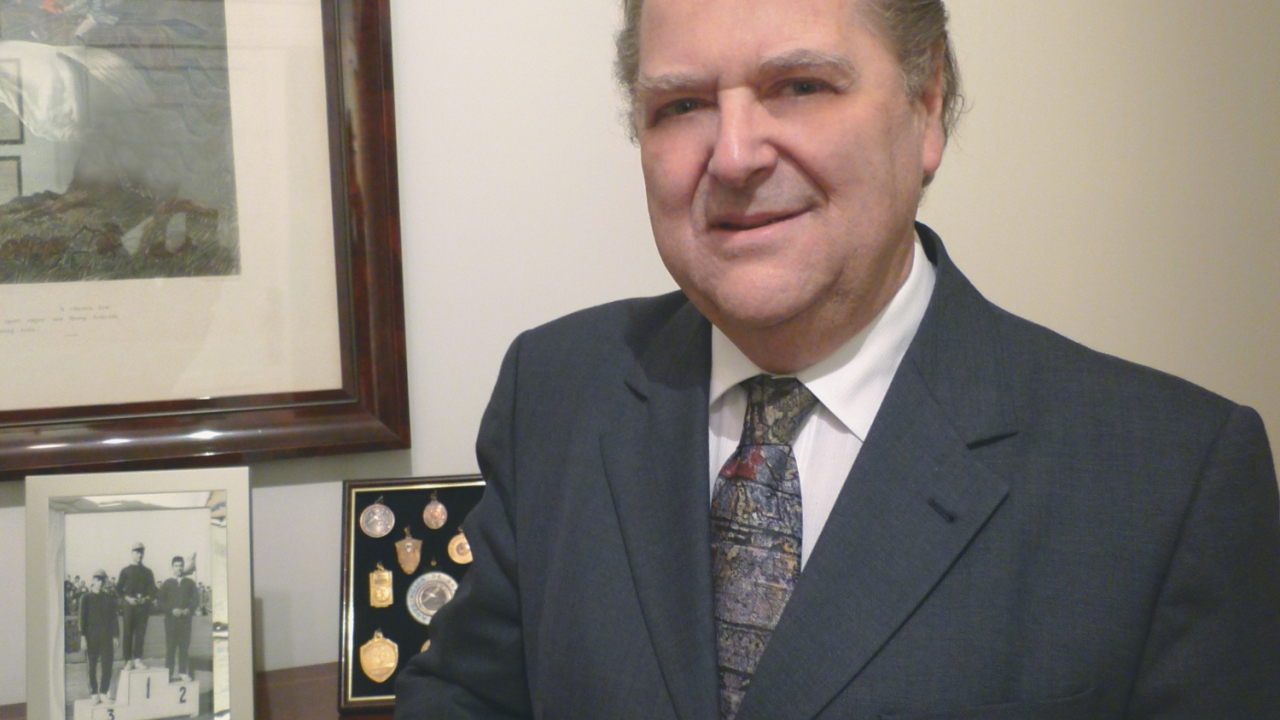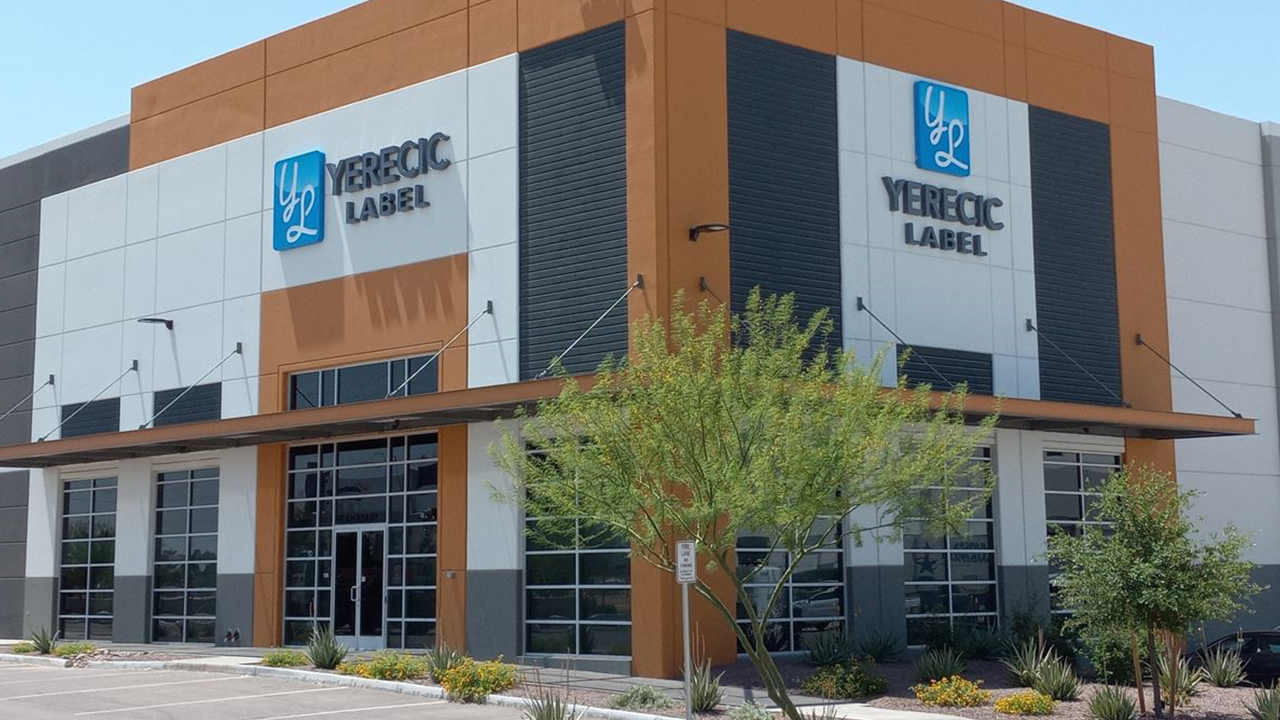Q&A with Multilabel’s Luis Maria Garcia

Luis Maria Garcia, president of Multilabel, a label converter with factories in Argentina, Brazil and Mexico, speaks to James Quirk about the challenges of founding operations in new countries
Multilabel, founded in 1992 in Buenos Aires, Argentina, has an impressive history of expansion. In 2000 the company opened a printing plant in Brazil; in 2002 it founded a factory in Argentina’s wine-growing region of Mendoza; two years later it established Multilabel Mexico. All the company’s facilities are certified to ISO 9001-2008 standards and operate under the Kaizen philosophy of best practice. Around 100 employees are spread between the different operations.
Multilabel produces prime, in-mold, promotional and security labels for a variety of sectors, including food, beverage and household products, while also working with partners in hologram and RFID technology. Clients include Nestle, Procter & Gamble and Shell.
During Label Summit Latin America in Mexico City in May, Multilabel’s president Luis Maria Garcia participated in a panel session dedicated to international partnerships. Offering the perspective of a company that runs operations in a number of countries, here he expands on his views.
Labels & Labeling: Please explain the history of Multilabel’s various expansions. What motivated them and what were the toughest challenges? Did you partner with existing factories or create your own?
Luis Maria Garcia: Shortly after opening Multilabel Argentina in 1992, I realized that globalization had truly begun and was here to stay and grow. Bilateral initiatives such as MERCOSUR, NAFTA and the Andean Pact were offering competitive advantages to companies situated in member countries. Globalization determines where the big brands are. So I decided to be present in the most important markets. .
In the case of Brazil, it was very hard at first simply because of cultural and linguistic differences. It was the first country we moved in to, firstly because I was already a Brazilian resident, a status without which it is very complicated to open a company there; secondly, because it was showing itself to be one of the biggest markets in Latin America. We began with a sales office, printing the labels in Argentina, until we had a client base that justified the installation of machines and local production. Brazilians often avoid importing goods because of various government levies, which protect the country’s commercial balance and local industry.
After that, I opened Multilabel Mendoza in order to serve Argentina’s immense wine industry and also the Chilean market. We founded Multilabel Mexico to gain access to the markets of the US and NAFTA. We have a sales office and are searching for a company with an operational factory that might be interested in partnering with us and sharing our expertise.
For Multilabel, globalization has been an opportunity, as opposed to a challenge, that has fostered our expansion and motivated the creation of strategic alliances.
Labels & Labeling: To what extent do your different operations use the same technology as Multilabel Argentina? Do they produce the same products for the same markets? Has movement into new countries helped the company serve new markets and end-use applications?
Luis Maria Garcia: We want all the factories to mirror each other perfectly, providing back-up to the others with compatible machines and materials. We’ve brought into line an international supply of inks, films, polymers, pre-press equipment etc, so that there be absolutely no difference in printing the same product between one country or another, save for the human factor.
As well as universal compliance to ISO 9001-2008 standards throughout the facilities, we bring our staff to Buenos Aires for a few weeks so they can see first hand how the ‘mother factory’ operates. They take the experience back with them, and also help us by sharing their own professional experiences. Also, through our system of best practice, we train our staff to be multi-functional, so there are no problems with workers taking time off for sickness or vacation. They all know how to do everything, even if they specialize in one area more than another. Entry into new markets has resulted in new developments and end user applications. These are served by our R&D department, which continuously develops through visiting exhibitions like Labelexpo and seeing new materials, products and machines in action.
Labels & Labeling: How do the different factories communicate with each other and work together?
Luis Maria Garcia: All the factories are linked by a video camera system, radio and the internet, so that we can maintain a constant oral and visual communication. This means that an expert in any area of production can see and resolve problems from afar. The same communication happens with regards to our products, which, being identical, can be sent out quickly and wherever needed. We also operate an intranet system that has proprietary software with which we monitor production statistics. It helps us to set the strategies and costs of the jobs in order to optimize the work.
Labels & Labeling: What are the characteristics that differentiate the clients between the countries? Are there different requirements in the different markets, or in the needs of the clients?
Luis Maria Garcia: We obviously have to adjust to the differences in each country, whether we manufacture locally or export to it. Each market has its variations, not least in tax legislation, which can sometimes be complicated, as in Brazil. For those who are unaware of or unpracticed in these matters, it can become very costly.
An example is the different taxes for selling in each Brazilian state. Arriving at a final value for a quote can turn into a real headache, as tax can be affected by whether the label is made from paper or plastic, for example, and where the virgin material was made.
It is for these reasons that the big international companies like CCL, York Label, Multi-Color and others, which want to be present in different markets around the world in order to serve their clients, seek out companies such as ours. We already have the expertise, the management and the knowledge of markets and clients that would take them a long time and money to develop from scratch with their own personnel.
This article was published in L&L issue 4, 2010
Stay up to date
Subscribe to the free Label News newsletter and receive the latest content every week. We'll never share your email address.


